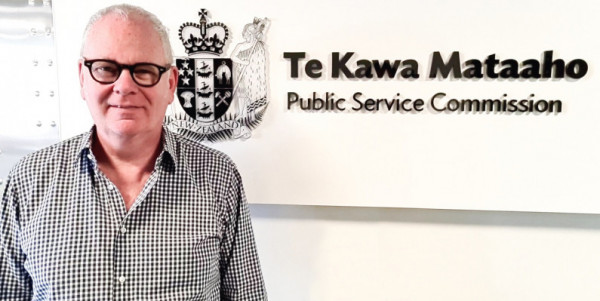
Some people have asked me how the new Public Service Act will change things.
In short, the Act enables us to modernise the way we work and to operate with a common purpose, principles, and values.
It makes it easier for us to work together and organise ourselves around priority issues, while continuing to deliver services for New Zealanders.
The new Act spells out, for the first time in New Zealand law, the purpose of our public service, with an emphasis on the fundamental characteristic that unifies and motivates public servants in their work.
What is this fundamental characteristic? It is acting with a spirit of service to the community. Under the new Act, public service leaders and boards of Crown agents are required to preserve, protect, and nurture the spirit of service to the community that we bring to our work.
Core public service principles that guide the work of public servants are reaffirmed in the new Act: politically neutral, free and frank advice, merit-based appointments, open government and stewardship.
For years we have struggled with a single agency approach to big, complex challenges. Under the new Act, there will be more flexibility so that resources can go to where they are needed most. This could include joint operational agreements, inter-departmental executive boards, or inter-departmental ventures, to align strategic policy, planning, and budgeting activities for two or more departments that have responsibilities to deliver services or address a specific priority or challenge.
Another important change is recognising the role of the public service to support the Crown in its commitment to its relationships with Māori. The Act makes it clear public service leaders will need to develop and maintain the capability of the public service to engage with Māori and to understand Māori perspectives.
The new Act is also about making the public service a more attractive and inclusive place to work for all. Chief executives of agencies, which includes multi-agency boards or ventures, will be required to build, foster and support diverse and inclusive workplaces.
The State Services Commission will change its name to Te Kawa Mataaho Public Service Commission. The name Te Kawa Mataaho reflects the essence and purpose of the Public Service Commission. It speaks to being an authority for maintaining kawa, protocols and practices.
People sign up to the public service because they want to make a difference for New Zealanders and New Zealand. The spirit of service that public servants embody every day when they come to work is now underpinned by law.
We’ve prepared a series of factsheets if you want to know more.